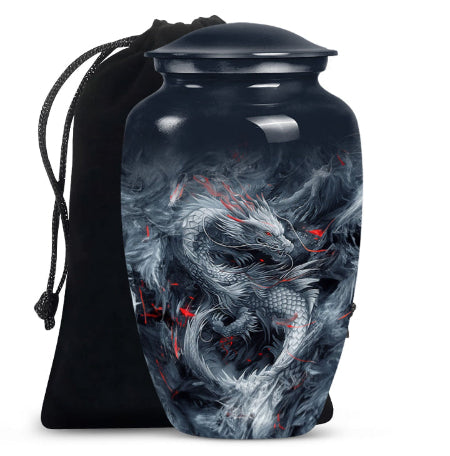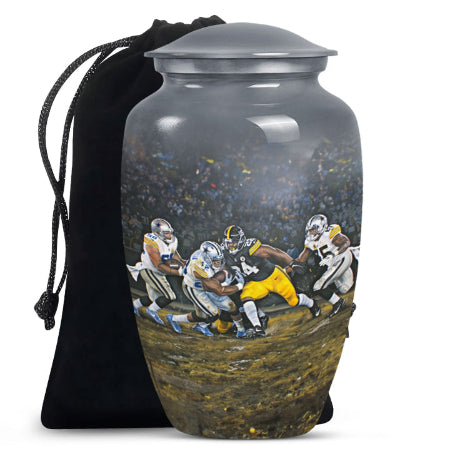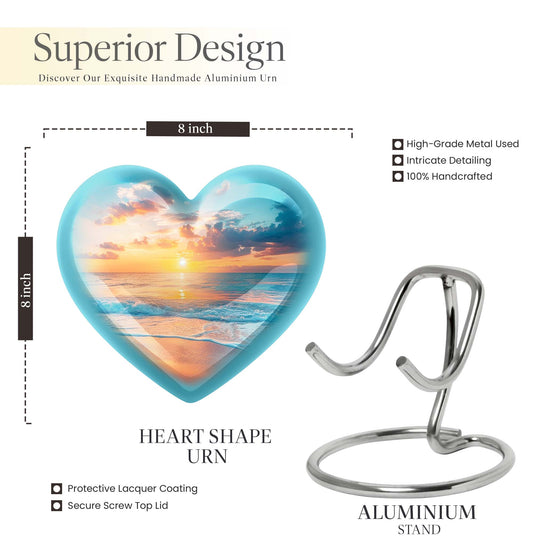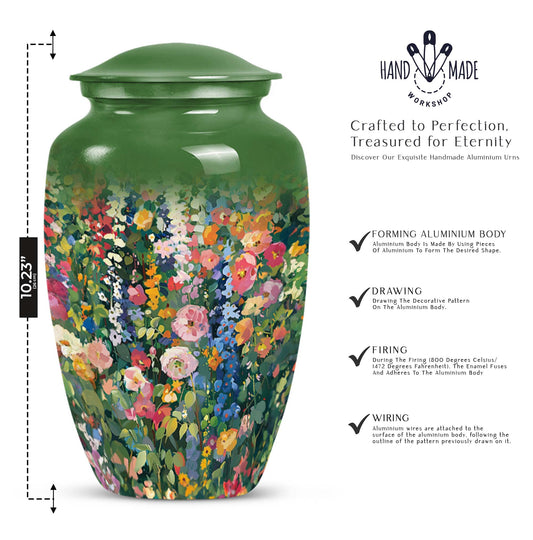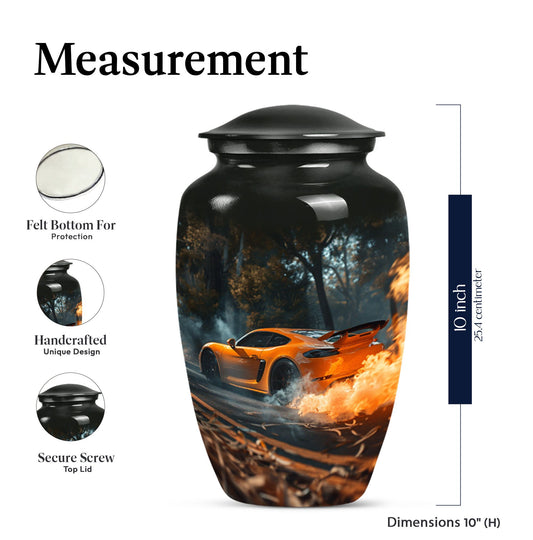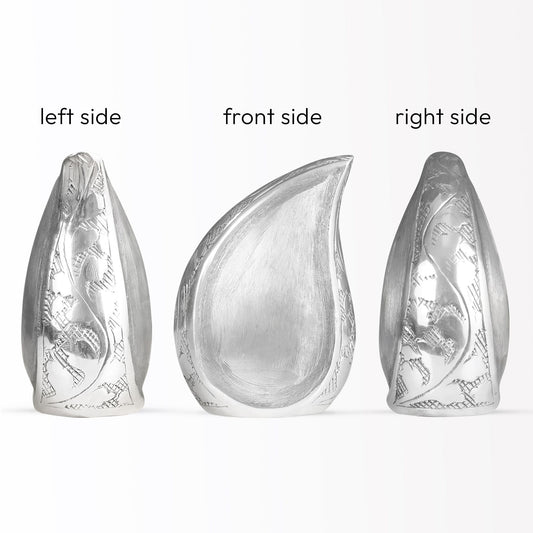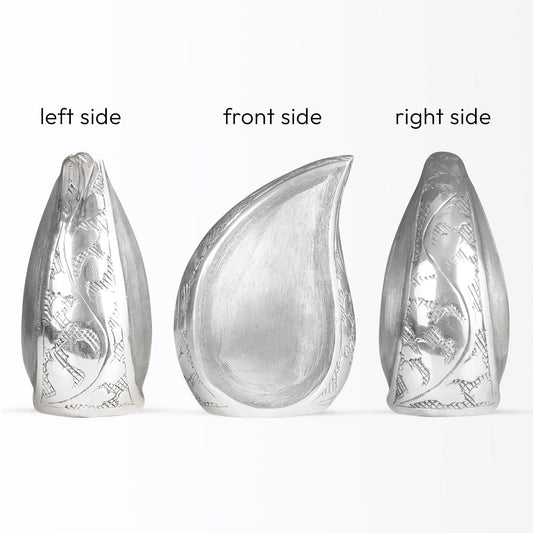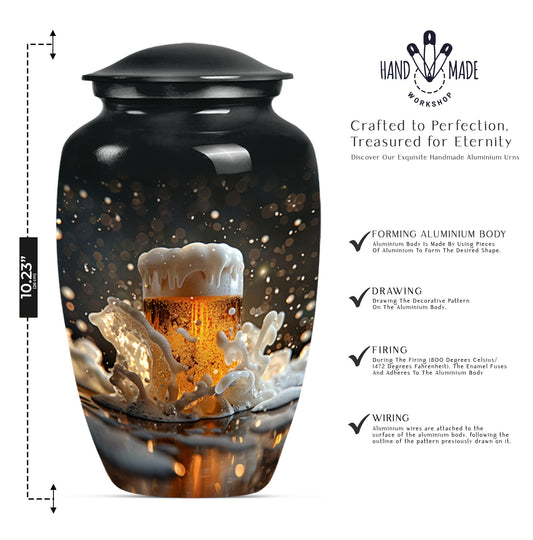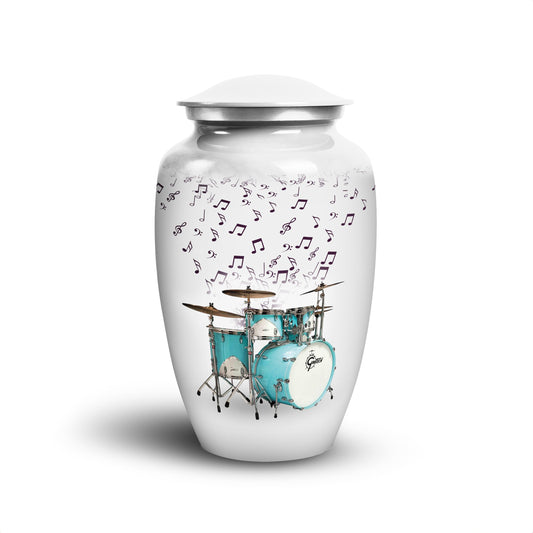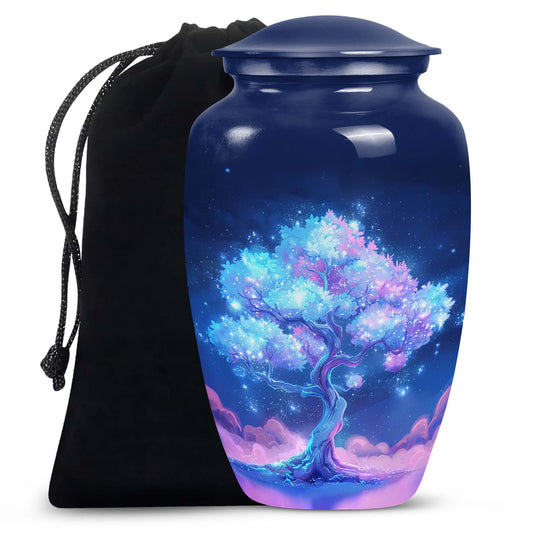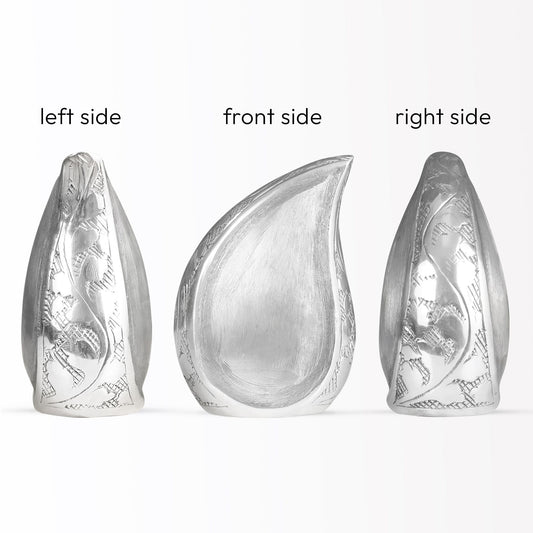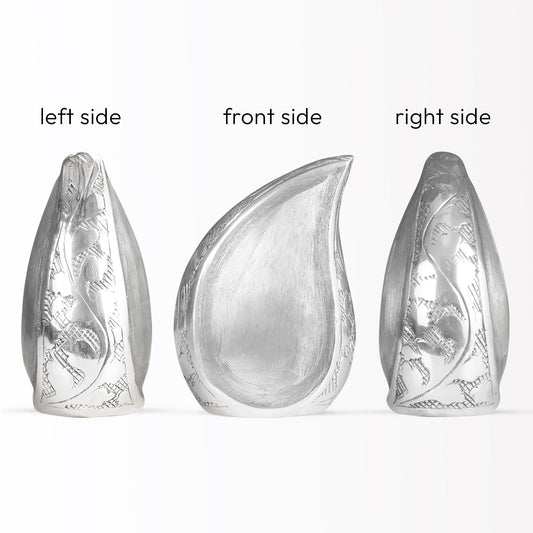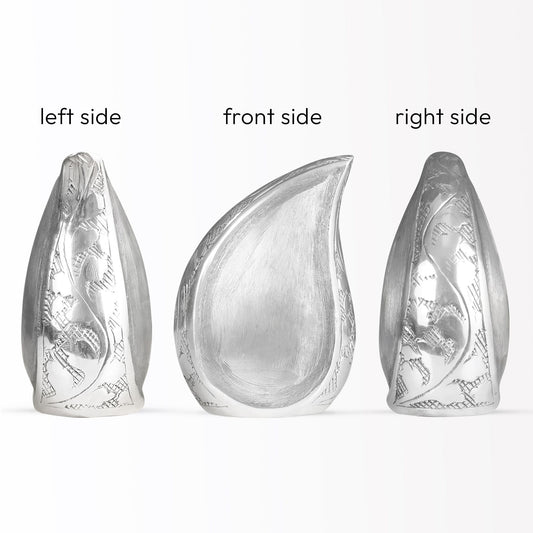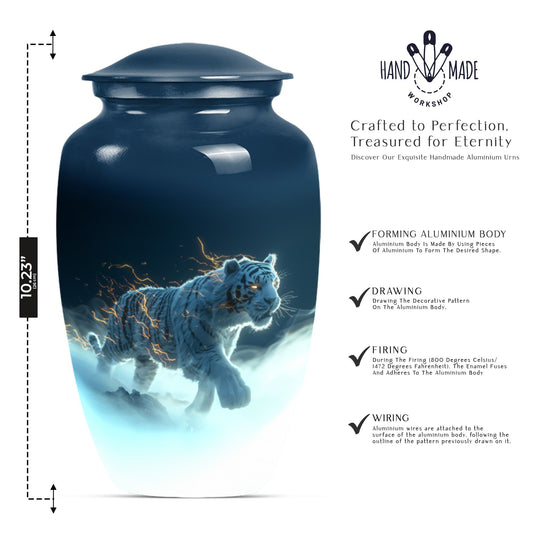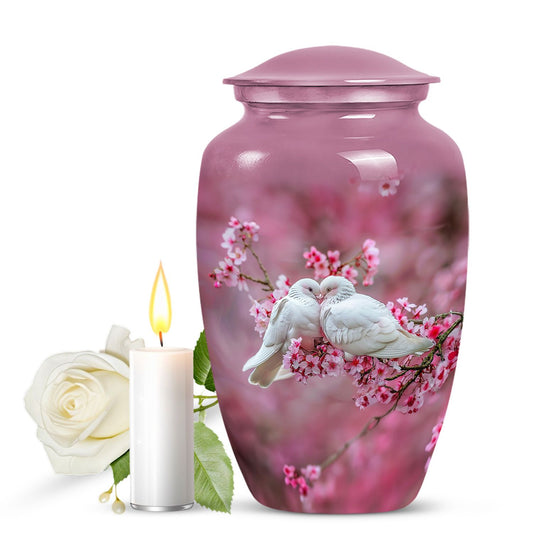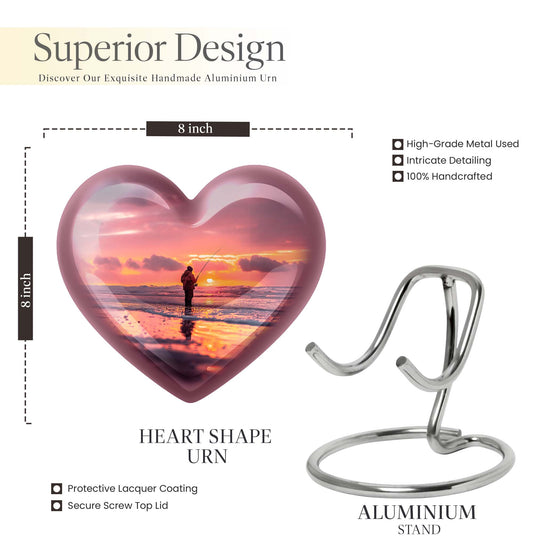Popular Urns
What All To Do When Someone Dies?

Losing a loved one is very emotional, but although grief seems overwhelming, there are still immediate steps that need to be taken. These procedures ensure that the necessary procedure is followed in order to honor the deceased and help the family move on with memorial arrangements and legal matters.
Here's what to do when someone dies, covering the most crucial steps to take right after the loss:.
1. Confirm that the person is dead.
If the death occurs in a hospital, hospice, or nursing home, a medical professional will verify it. If it occurs at home or in any other non-medical setting, call 911. Paramedics will come to pronounce the death and provide a death certificate if needed. If death is sudden or unexpected, an autopsy or investigation may be required, and the body may need to be taken to a coroner's office for examination.

2. Notify Family and Close Friends
After the death has been confirmed, contact all immediate family members and close friends. It may be easier to have someone help with making calls or sending messages so that you do not have to repeat the bad news several times. Social media may also be used to reach out to extended friends and family, though many prefer a more personal touch.
3. Contact a Funeral Home
The next step would be choosing a funeral home since they will take care of transporting and handling the body. If the deceased had pre-planned arrangements, contact the provider selected to confirm those plans.
If no arrangements were made, the family can choose a funeral home that will help with immediate preparation, such as embalming, cremation, or transportation. The funeral home will also assist you in planning a service, which may be a burial, cremation, or an alternative memorial.

4. Death Certificate
It is a formal document showing the death of a person.
A death certificate is among the most important documents you will need to be able to address all those formalities legally, from applying for life insurance to managing bank accounts and property transfers. This should be available at a funeral home or even the hospital; however, in most cases, you will probably need several for different reasons, so be sure to request a few extras.
5. Secure the Deceased's Property
If they were living in their house or car, make sure that home, car, and any other property is safe - if no one is currently going there. That would mean to lock all doors, get copies of important documents - will in particular, and maybe to forward mail to avoid identification fraud. And, if applicable, plan for pets as well.
6. Let Key Parties Know - and Inform Relevant Organizations

Once the immediate matters are settled, contact all relevant people and institutions to notify them of the death. This includes the deceased's employer, insurance companies, banks, and any other relevant parties.
Additionally, the Social Security Administration should be notified to stop payments, which the funeral home may assist with. This will avoid overpayments and other issues.
7. Locate Important Documents:
Gather any available papers: will, financial documents, insurance documents, and social security documentation. If they had a will, contact the executor to start the process of distributing their assets. If they did not have a will, you may need to hire an attorney to navigate probate proceedings according to your state's laws.
8. Take Care of Yourself and Get Help:
While attending to the everyday practicalities is important, take care of yourself during this time and don't forget to seek emotional support when needed. Grieving is a very exhausting process; get help from friends, family members, or grief counseling as you may need it.
There are many people who have found peace in talking about their loved one's life, relying on their networks of support, and through self-care routines. Taking these steps will better enable the management of immediate duties with dignity and pave the way for a meaningful farewell and a more seamless transition during that really tough time.






